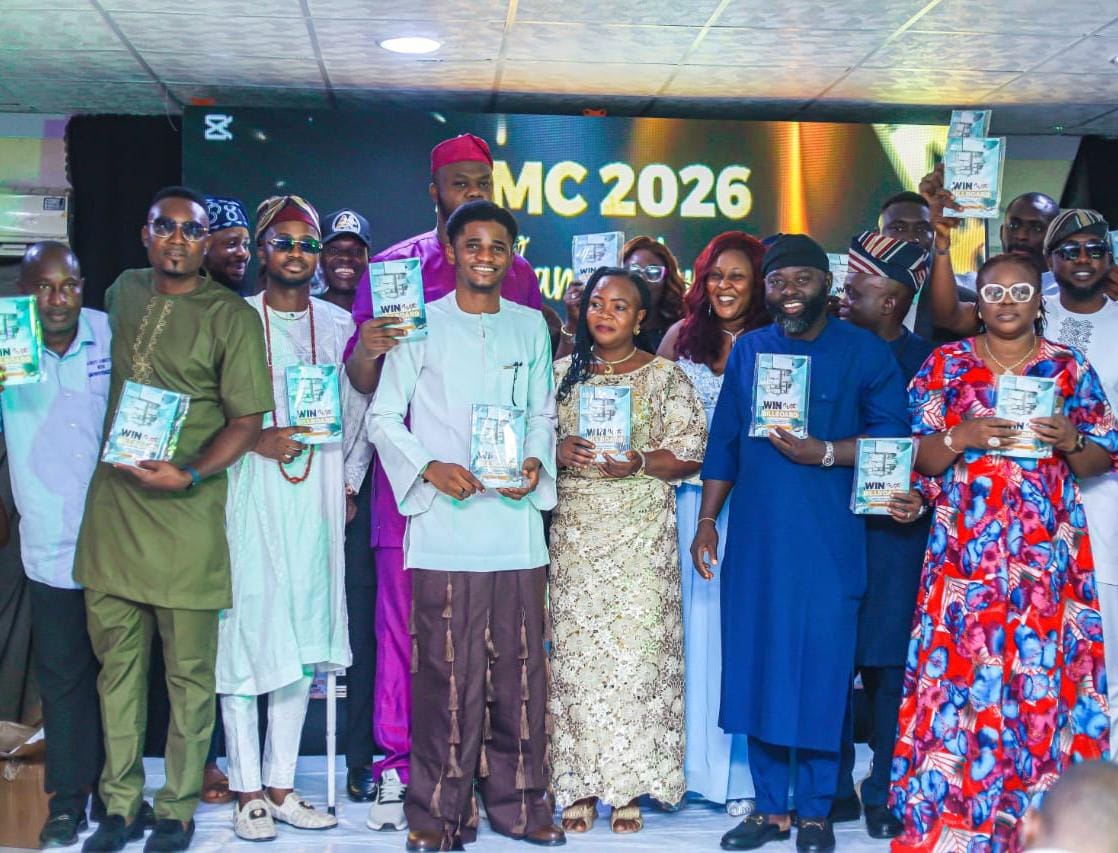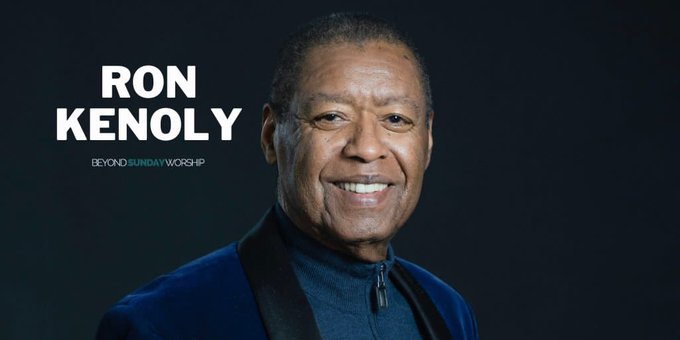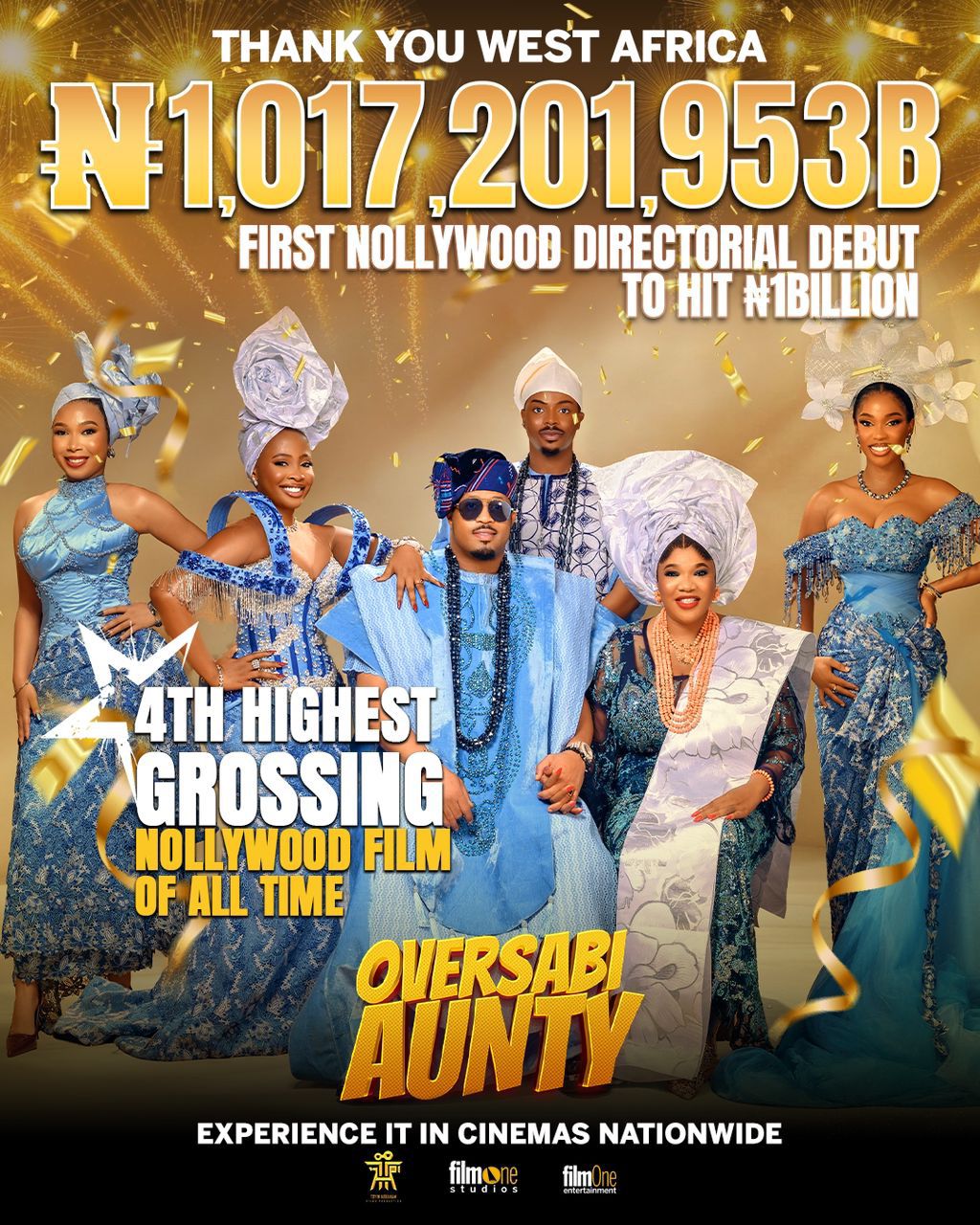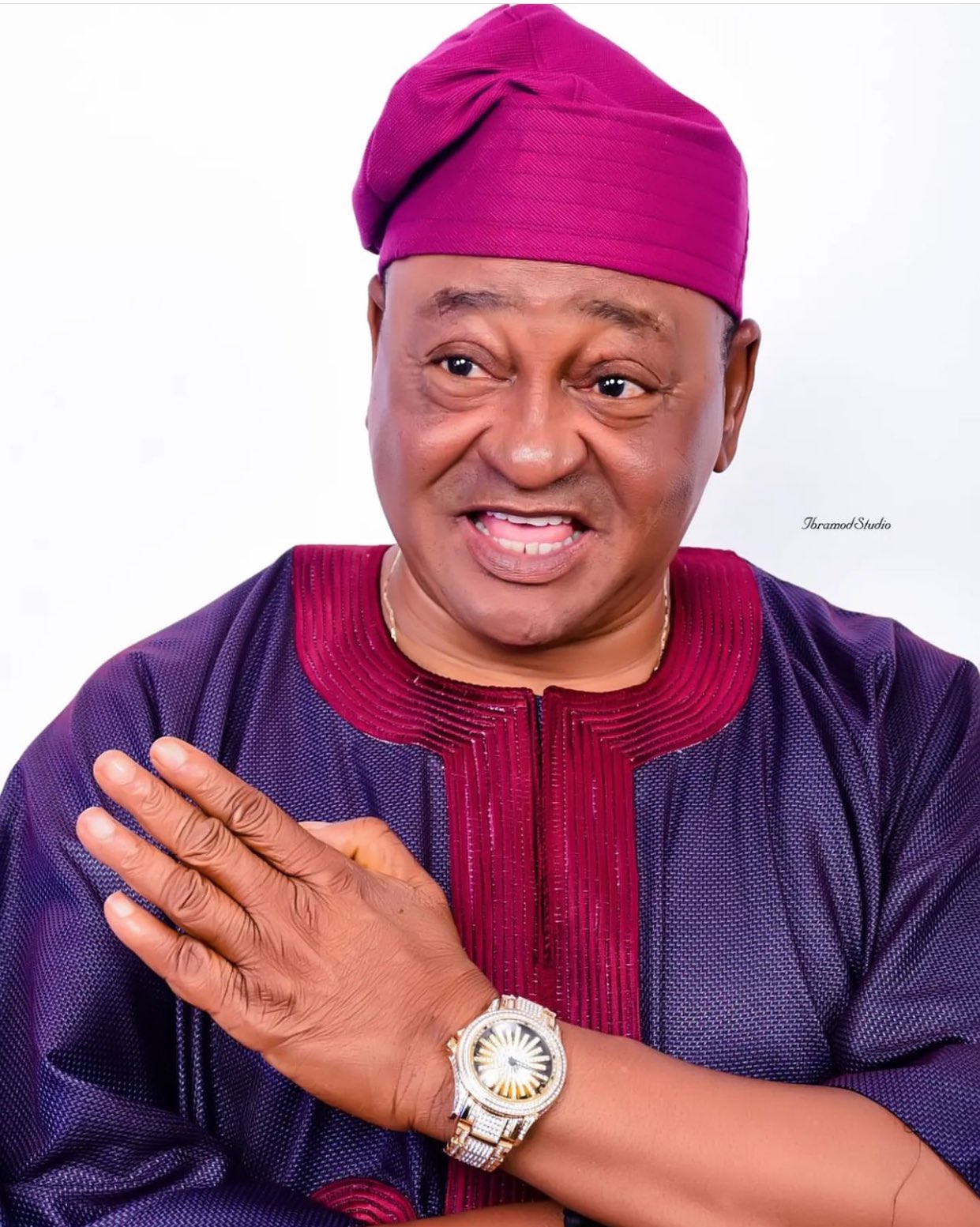Architects Of The Nollywood Phenomenon
BY UZOR MAXIM UZOATU
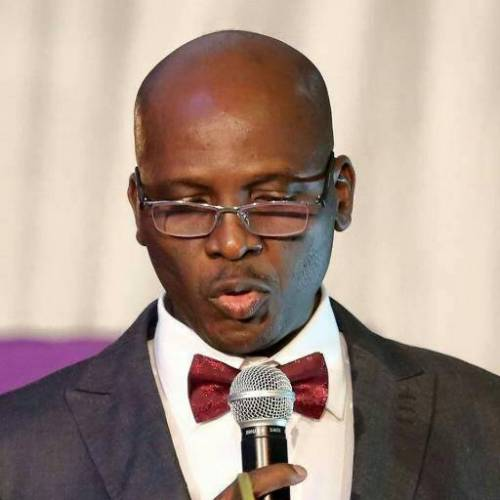
Reflections on Nigerian Movie Industry: Salute to Pioneering Creativity and Perseverance by Femi Akintunde-Johnson; Basic Skills Academy (ISBN 978-1-716-08239-9); 2021; 158pp
Nigeria is celebrated across the globe as being amongst the three biggest movie-making nations in the world. The United States through Hollywood, India via Bollywood, and Nigeria with her irrepressible Nollywood are the acclaimed three leading countries in the art of telling stories with moving pictures.
Femi Akintunde-Johnson, popularly known as FAJ, in his book Reflections on Nigerian Movie Industry: Salute to Pioneering Creativity and Perseverance offers a list of the pioneers and players of the dramatic and filmic arts that made the Nollywood phenomenon possible.
According to Femi Akintunde-Johnson (FAJ), “as a result of close to three decades of interrogating the Nigerian entertainment industries, I have selected, what in my own opinion, were few of the magnificent gems whose contributions to the growth, sustenance and projection of Nigerian dramatic sector, have led us to where we are today – a globally recognized industry proudly self-styled Nollywood.”
FAJ then offers what he calls “Caveat Apologia” thusly: “I might have omitted some names; I might have slighted others unknowingly; I might even have under-rated a few; but one thing is very clear, as I devoted hours of research and introspection on these matters: that all my selections (not in any special order) are uncommon, gifted and exceptional people.”
Reflections on Nigerian Movie Industry: Salute to Pioneering Creativity and Perseverance is divided into seven broad sections, namely: The Incomparable Progenitors, The Generalissimos of the Genesis, The Pathfinders, The Impressarios across the Ages, The Masterminds of Nollywood, The Reigning Halcyon Ferment, and Distinguished Mentions.
The first section, The Incomparable Progenitors, is made up of: Hubert Adedeji Ogunde, Duro Timothy Adisa Ladipo, Kola Ogunmola, and Oyin Adejobi.
The next section, The Generalissimos of the Genesis, is made up of: Olusegun Olusola, Moses Olaiya Adejumo, Ola Balogun, Ade Afolayan, and Eddie Ugbomah.
FAJ’s third section, The Pathfinders, contains these worthies: The Ojo Ladipo Dynasty, Lanre Hassan, and Adebayo Salami.
The fourth section, The Impressarios across the Ages, bears the names of: Pete Edochie, Olu Jacobs, Taiwo Ajai-Lycett, Lola Fani-Kayode, Zebulon Ejiro, Amaka Igwe, Peter Igho, Sadiq Daba, Kingsley Ogoro, Tunde Kelani, Joke Silva, Richard Mofe Damijo, Jab Adu, Bukky Ajayi, Tade Ogidan, Wale Adenuga, and Sam Loco Efe.
The fifth section, The Masterminds of Nollywood, gives pride of place to these names: Kenneth Nnebue, Muyideen Aromire, Chris Obi Rapu, and Okechukwu Ogunjiofor.
The sixth section, The Reigning Halcyon Ferment, contains the names of: Segun Arinze, Ngozi Nwosu, Sola Onayiga, Gloria Anozie-Young, Eucharia Anunobi, Lillian Amah, Lancelot Imasuen, Omotola Jalade-Ekeinde, Kunle Afolayan, Nse Ikpe Etim, Genevieve Nnaji, Charles Novia, Yemi Solade, Edmond Enaibe, OC Ukeje, Odunlade Adekola, Yomi Fash-Lanso, Mahmood Ali-Balogun, Muritala Sule, Funke Akindele, Femi Odugbemi, Desmond Elliot, Patience Ozokwor, Nkem Owoh, Norbert Young, Taiwo Hassan, Chiwetalu Agu, Chico Ejiro, Francis Onwochei, and Jetta Amata.
The final section, Distinguished Mentions, is made up of: Tunji Bamishigbin, Zack Amata, Rita Dominic, Liz Benson, Funsho Adeolu, Stella Damasus, Sola Shobowale, Fred Amata, Joe Dudun, Afeez Oyetoro, Tina Mba, Antar Laniyan, Ramsey Nouah, and Hilda Dokubo.
FAJ took the initiative to produce Reflections on Nigerian Movie Industry because, in his words, “the younger generations kept lamenting the total absence of reputable data, catalogues, original stories of Nigerian entertainment figures, past and present.”
He goes further to stress: “The very few available were written by foreigners, with all their predictable prejudices wrapped in good intentions.”
Reflections on Nigerian Movie Industry was first written in 2012, then became modified in January 22, 2015 and was finally reviewed, revised and updated in March, 2021.
In the words of FAJ, “The glamour and panache of today were planted and watered by tears, blood and sorrows of redoubtable pioneers whose sacrifices cannot be wished away or subordinated by the giddy aroma of today’s superstars.”
It’s striking reading that the master of comedy, Moses Olaiya alias Baba Sala, started out as a magician while still a secondary school student between 1954 and 1957 at Obokun High School, Ilesa, in present-day State of Osun, and one of his early apprentices happened to be Abiola Folorunso, that is, the legendary magician Professor Peller!
Incidentally, in the controversies surrounding the founding of Nollywood, Baba Sala’s son has come up with the revelation that his father shot and released Agba Man on video (VHS) format back in 1988.
FAJ cites the case of “some historian on Wikipedia” who wrote: “The first film produced on video in Nigeria is 1988’s Soso Meji, produced by Ade Ajiboye. Subsequently, Alade Aromire produced Ekun (1989) on video.”
The pivotal place of the 1992 release of the Igbo language film, Living in Bondage, is highlighted by FAJ thus: “History will no doubt escort Kenneth Nnebue for his pioneering and, incredibly, his popularizing efforts of the video product (especially in the Yoruba lore). More importantly, Nnebue later delved into his own mother-tongue and uprooted a storm – arguably, the best known Nigerian video (shot in Igbo) and possibly the biggest, Living In Bondage, in 1992! The pioneering work was directed by Chris Obi Rapu, co-written/produced by Kenneth Nnebue and Okechukwu Ogunjiofor.”
It was Okechukwu Ogunjiofor who brought forth the story of Living in Bondage, and he was directed to Kenneth Nnebue as the man with the wherewithal to produce it. Ogunjiofor insisted on not just shooting it on run-of-the-mill VHS, and then brought in his experienced mentor Chris Obi-Rapu to be the Director.
As Chris Obi-Rapu told me, “It is the Director that makes the movie, or you will end up with the ‘concerts’ you see all over the place.”
Living in Bondage was akin to the fabled handshake across the Niger as it brought the erstwhile dormant Igbo legion to combine with the burgeoning Yoruba movie domain.
No list can of course ever be shorn of controversies. It goes with the territory.
In the terrain of omissions, for instance, Orlando Martins who did pioneering work in America’s Hollywood and eventually inspired a long list of Nigerian performers ought to have been put upfront.
Also not highlighted is Mazi Ukonu who paid his dues in Hollywood while studying theatre arts in the United States before coming back to Nigeria to train uncountable theatre, film and music icons.
Another notable omission is Francis Oladele, who in many circles is seen as the “father of the Nigerian film industry” after producing the film version of Wole Soyinka’s Kongi’s Harvest and yoking together Chinua Achebe’s Things Fall Apart and No Longer At Ease as the film feature Bullfrog in the Sun.
FAJ can always do updates in the next editions because Reflections on Nigerian Movie Industry: Salute to Pioneering Creativity and Perseverance by Femi Akintunde-Johnson is a book that will travel, a timeless treasure.
FAJ did the requisite research instead of depending on the dubious “facts” of Wikipedia, for instance getting the movie director Lancelot Imasuen to give his date of birth as June 20 instead of the variously published July 20, 21 and 27 dates! Nollywood triumphs, much “to the infernal chagrin of puritans”, as FAJ puts it. This book is a profound testament.
NOTE FROM PUBLISHER:
Renowned Nigerian poet, journalist, and author, Uzor Maxim Uzoatu, is a 1989 Distinguished Visitor to Graduate School of Journalism, University of Western Ontario, Canada…and has been on the editorial boards of AM News, Post Express, and The Union newspapers.
A founding consultant with ThisDay newspapers, and currently a director with Borodoro Publishing (Company), Uzoatu has published “two novels, ‘Satan’s Story’ (1989) and ‘The Missing Link’ (1995); two plays ‘Doctor of Football’ (1979) and ‘A Play of Ghosts’; a collection of poems, “God of Poetry’ (2006); and a creative, nonfiction volume, ‘How Not To Be A Nigerian’ (2020).
The e-book ‘Reflections on Nigeran Movie Industry…’ is now available at @luludotcom, via this link: http://bit.ly/3r4dM66




